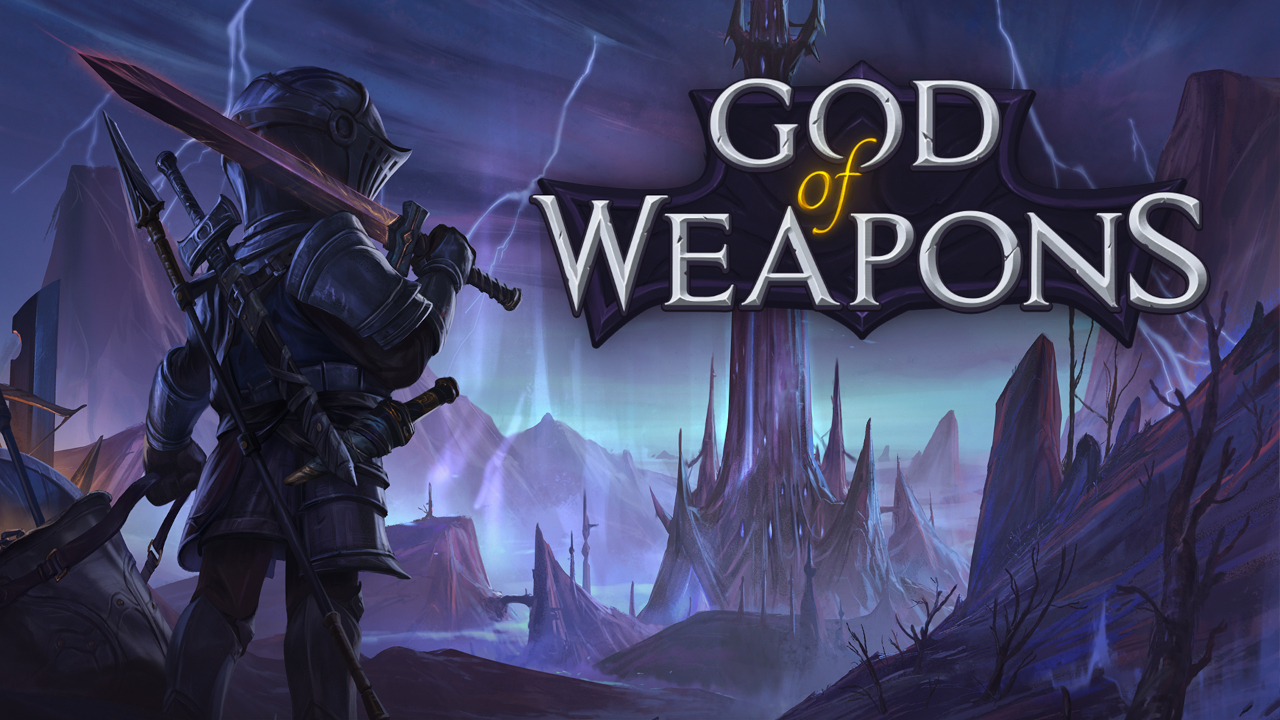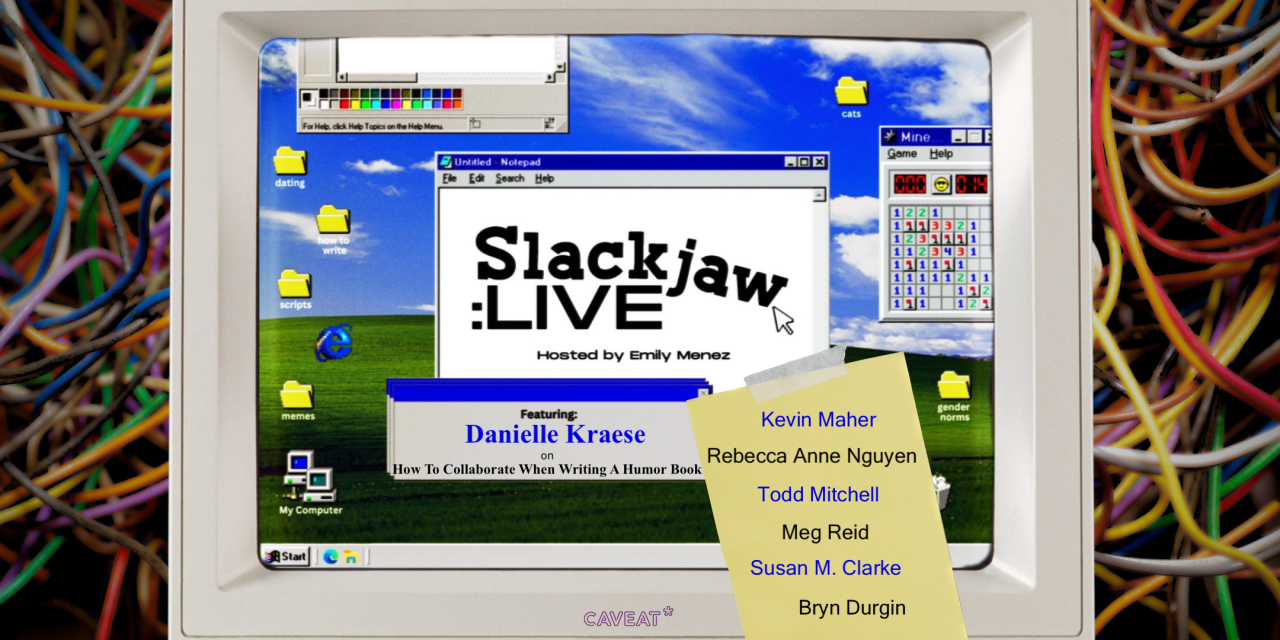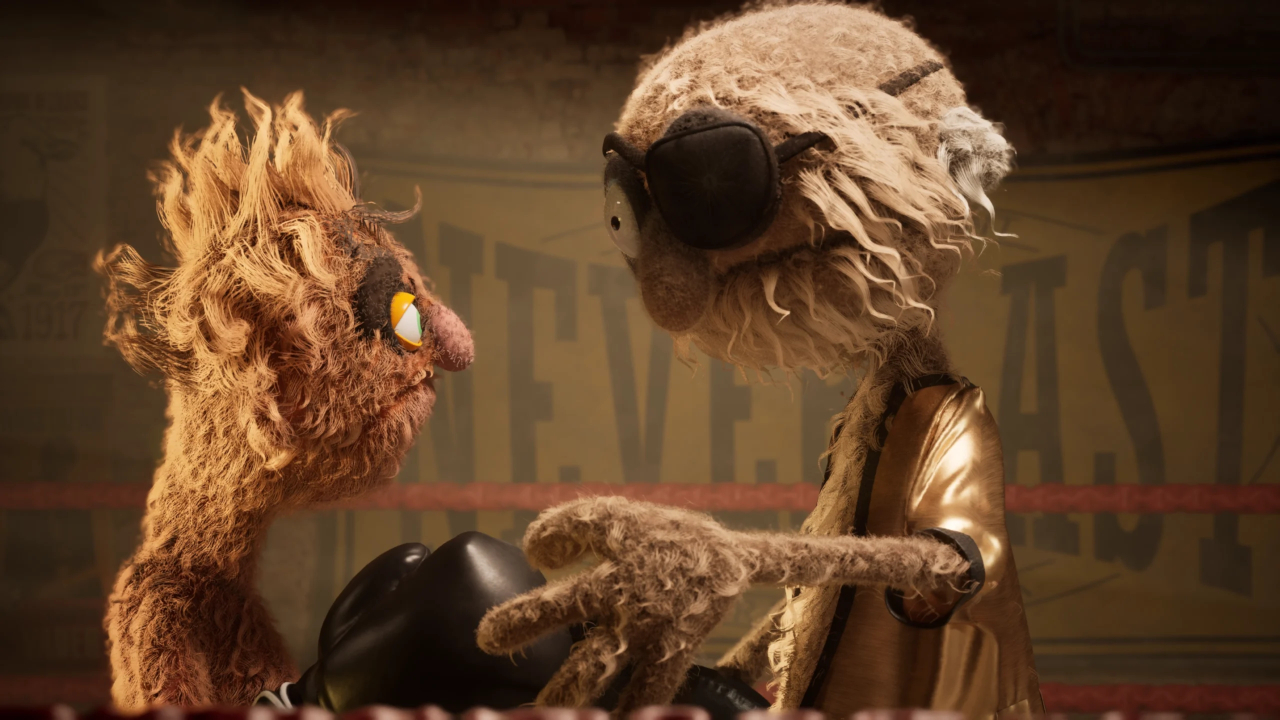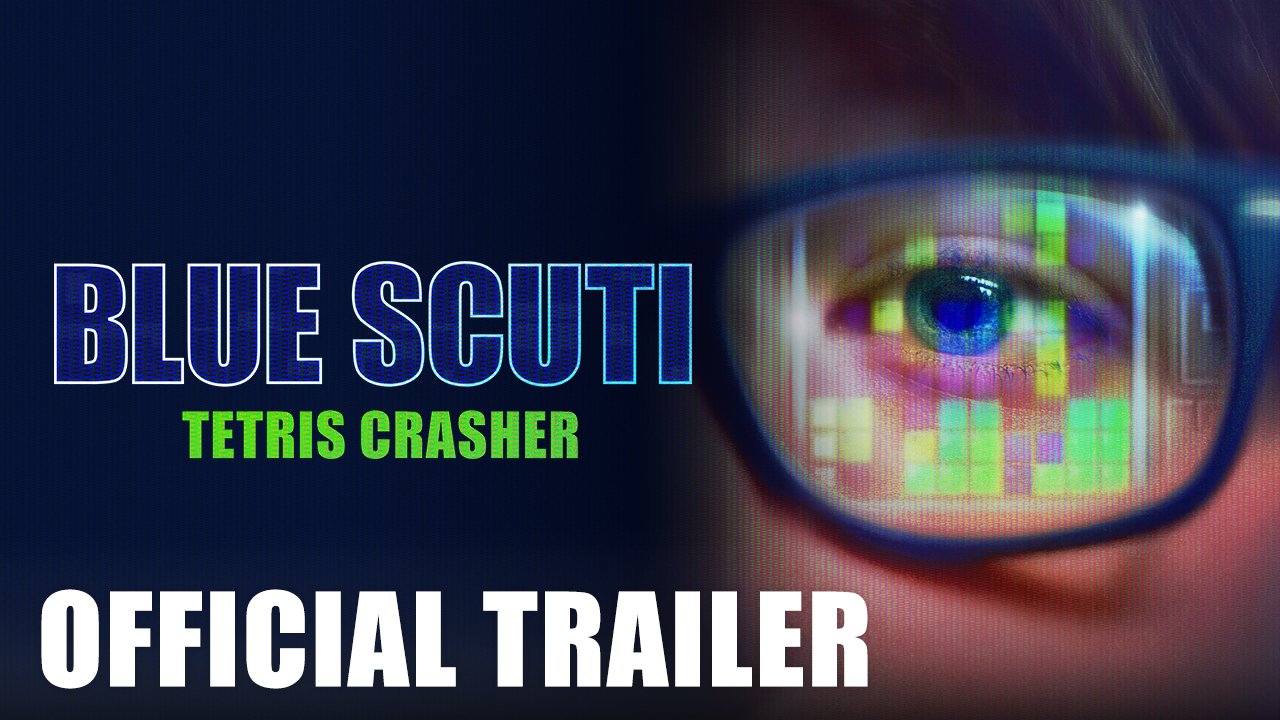If you recently heard something like “Borderlands 3 Will Feature 25 Times as Many Guns as Borderlands 2,” you’re a victim of bad game journalism, and you deserve to know what’s actually going on.
Those of you who follow the site, the GameDev Breakdown podcast, or our community over at Patreon know that we recently had the pleasure of an in-depth discussion with Joshua Davidson, a Gearbox senior sound designer working on Borderlands 3. I first reached out to Joshua after reading his excellent writing about his experiences training for and eventually working in the game industry, and the resulting podcast interview became one of the show’s most popular episodes in just over a week. I was thrilled that listeners connected with Joshua’s story and that fans of his work enjoyed pulling back the creative curtain for a rare glimpse into the development of a series they love, and I was just as pleasantly surprised when his story started to reach other outlets. Unfortunately, not everyone covered the story with the same professionalism, nor attention to detail, and I feel a certain responsibility to help set a few things straight.
To illustrate what went wrong here, I’m going to simply provide a chain of events, adding commentary where I think it’s warranted.
The timeline
- April 21 – I released a one-hour podcast with Joshua Davidson of Gearbox software. The topics included his early life and education, the beginning of his professional career (including his time at Volition), and finally, his time at Gearbox Software and his work on the Borderlands series. Near the end of the interview, he dropped the following teaser regarding the game’s audio engineering:
“We haven’t really talked about this yet, but I’m gonna kind of give a little hint…on Borderlands 2, we shipped with 300 gun assets. Like, over 300 individual .WAV files of gunshots to cover all the manufacturers, all the different gun manufacturers and their variations, basically. So, whenever you picked up a bandit shotgun, or you picked up a Hyperion submachine gun in the game, in all the previous Borderlands games they all sounded like, y’know, the same gun essentially, no matter what rarity they were and things like that. So the Hyperion SMG would always sound like the Hyperion SMG, Jakobs shotgun sounds like a Jakobs shotgun…but that was like 300 something assets. Right now…we’re like sitting at 7,500 individual gun sounds for this new one, and what changed is, well yeah, we have more memory, but what changed is the design of the audio for this. And I have to give big props to Brian Fieser and our code team, our audio code team for developing a system where we could basically play audio Legos with all the gun parts. So whenever you get a certain gun part, every time you get a new gun, it takes y’know, 6 or 7 different parts and then slaps them together, and each one of those parts has a gun sound on it. So it just clamps together to form one new sound. It’s a totally modular experience.”
We felt great about this podcast and received awesome feedback.
- April 25 – SupMatto on YouTube releases a video titled “Borderlands 3 – Master Vault Hunter Mode & The MASSIVE WEAPON System & Sounds (25 Times Larger!)” The video prominently features the clip of Joshua’s explanation above. Matto does seem to grasp the quote’s meaning and links back to me, Joshua, and even Code Write Play’s Patreon community in the video description. He’s been established in the Borderlands community as a leaker, and the video neared 100,000 views on the day it was released. It’s good that positivity about Joshua’s work was getting out there, but I’m sure he was also a little concerned about this association in the eyes of his employer (I’ve since been assured that everything is fine).
- April 25 (later that day) – Undoubtedly desiring to participate in the telling of his own story (rightly so), Joshua takes to Twitter to summarize the technical information he explained on the podcast, very graciously interacting with folks interested in his work and excited about the upcoming game.
So yeah….#Borderlands3 is currently sitting at just over 7,500 individual .wav files for the weapon firing sounds.
— Joshua Davidson 🎮 #Borderlands3 (@JoshuaDav) April 26, 2019
For perspective, BL2 shipped a little over 300 .wav files to cover all the guns and their manufacturers.
And yes, we’re still not done. Pew pew! #GameAudio
- April 27 – PC Gamer picks up the story, publishing a 200-word article about–not the podcast–just the tweet. Is that inexcusable journalism? I’m not into the “one tweet equals one article” model myself and definitely never tried to get away with it as a freelance journalist, but no, this is not the biggest issue, and I’m still glad Joshua’s tale is being told again for the first time in several years. Still, several outlets managed to provide readers and listeners with the full context of our podcast interview, and not doing so stands out to me like covering a tweet about a presidential debate instead of covering the debate. I attempted to diplomatically approach both the author and PC Gamer and received only the following response that day:
cheers Todd, I’ll take a look when I get the chance
— Samuel Horti (@SamuelHorti) April 27, 2019
Whether he looked into it, I can’t say for sure, but the article remains unchanged with no further responses. This is the point at which my former editors would have expected me to explain and/or address the situation immediately, and they definitely had me include the occasional link to an outlet much smaller than mine. This is professional gatekeeping at its absolute finest, but a more significant issue remains: without the full context, this is very easy to misinterpret, which happened immediately.

- Also April 27 – Around the same time I was speaking up to PC Gamer about benefiting freely from my work, VGR.com went ahead and wrote an article about an article about a tweet, and as any game of telephone goes, came up with something that may or may not end up true, but certainly wasn’t supported by the original message. By this time Joshua had expressed frustration to me that his name was associated with outright fabricated information. Although I was not credited or associated with the incorrect information any more than I was the correct news, I did reach out to the responsible senior writer of the post at VGR to explain the context of the statements, PC Gamer’s decision not to include it, and my interest in not seeing my guest attributed falsely, now that my work had been buried by countless sites in search engines with no source links. To the author’s credit, he reached out with a sincere apology and committed to fixing the error later in the day, creating a correct posting, and linking to the original source of the news. As of the time of writing several days later, he hasn’t.
So here we sit: Gearbox’s story is being told far and wide, incorrectly in a few places, and crediting our work in even fewer. My desire to highlight these issues is partially selfish, however selfish it is to desire to be recognized for your work, if anyone other than the guest is going to be recognized, but first and foremost I want to look out for the people I write about and record with. If I could say with any certainty that an article or a recording was going to put a guest in a negative light with their employer to any degree, I simply wouldn’t do it. A few downloads or a little more site traffic does not gain me enough to adversely impact someone’s life.
In a recent podcast I spoke briefly about someone’s lament that “game journalism is dead,” which I denied, but agreed that it was at a significant disadvantage because of the ethics and standards in place with some industry employers. People on the journalism side of the fence attribute any criticism to several fringe movements online that do exist, but do not nullify many real issues at play in games coverage that negatively impact people’s real lives. I’ve been there to see it. Simply put: if the gaming community–I’m including players, developers, journalists, bloggers, and every kind of enthusiast–can’t start to take seriously how their actions impact the people around them, these subgroups are going to remain fragmented and distrusting of one another forever.






Leave a Reply